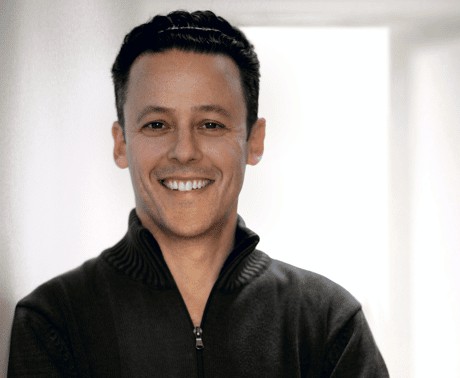
In the unlimited music subscription race, Drew Larner reckons his pay-for service has a much better shot at surviving than certain other rivals which employ advertising.
But even so, Larner says Apple’s new subscription will make it “untenable” for Rdio to exist on iOS devices.
Talk about bad timing. Rdio, started by Joost and Skype entrepreneurs Niklas Zenntrom and Janus Friis, timed the announcement of its new, iPhone app for Wednesday – which turned out to be a day after Apple (NSDQ: AAPL) said it wants to take nearly $3 of each $9.99 monthly subscription Rdio customers pay through the mobile.
“I would echo what the heads of some of my competing companies have said,” Larner says. “From a financial standpoint, that fee is certainly untenable for us, that’s obvious. If it creates a situation where it’s not financially possible for us to be in the environment, that’s a loss for consumers and I don’t think that’s a good thing. We’re still evaluating what the policy looks like and the ins and outs.”
Apple’s announcement matters because services like Larner’s, aggregators for content, are trying to turn the entertainment market from one in which content is bought as single units of consumer product to one in which consumers have unlimited digital access on multiple devices through the key of subscription.
“Look at Netflix,” says Larner, who this week moved his family from LA to San Francisco, where the company’s based. “People don’t need to own movies. That same shift will happen in the music business.”
It’s that goal which Rdio is shooting toward, along with Spotify, Rhapsody, Mog, We7, Sony (NYSE: SNE), soon perhaps Google (NSDQ: GOOG) and more. Labels are keen for such services to provide competition to iTunes and return digital music to bigger growth.
“The labels would like to have viable competitors (to iTunes), but they wouldn’t be licensing companies like ours if they didn’t believe there’s a real opportunity here. The opportunity of subscription revenue on a recurring basis is very attractive to them, because it’s not just a one-time purchase.
“This is a marathon, not a sprint; it’s not going to happen overnight where people give up downloading individual tracks or albums. But subscription music’s been around a long time, seven or eight years. When you look at content generally, forget about music, subscriptions for content came with cable television in the late 70s. The shift will happen over the next couple of years rather than over the course of a decade.”
Zennstrom and Friis, who formed Skype and Joost, started web-based Rdio in 2009 to exploit the opportunity, hiring Larner who, at Europlay Capital Partners, had advised the pair on their various projects since KaZaA, their P2P music sharing service, had started to go tits-up in a storm of copyright complaints.
“The irony is certainly not lost on me, given all the litigation,” Larner says. “They always liked music and, out of that process, believe it or not, we gained respect with the labels through that process. The technology had reached a point where we could create a seamless experience, you don’t have to connect wires.”
Launched in August, Larner won’t divulge subscriber figures, but says he’s “very encouraged by the user response”. That’s while Spotify, trying to break in to Rdio’s sole North America market, competes with Rhapsody on over 750,000 paying customers and a total 10 million users.
“We have a free trial but have not chosen to adopt the freemium model that has been deployed in the market. We’re focused on building what we believe is a sustinable business model that stands the test of time.
“Lots of companies have come and gone trying to use advertiser-supported free to convert people to paid – the content costs are at a point where it’s challenging to support that with ad revenue and projected subscriber conversions to paid. Content has a cost associated to it, I don’t support this notion that content should be free.”
More reasons to pay are coming down the pipe – paid subscriptions are required for mobile and Sonos access, with more media players to come. Rdio, like Mog before it, certainly outguns Spotify for new music discovery.
“We have aims to be a global service,” Larner says. “Western Europe, Asia, South America over the course of the next couple of quarters.”